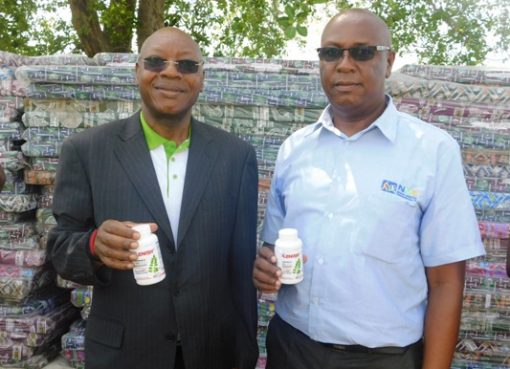Trade Minister, Amelia Kyambadde
The Ministry of Trade, Industry and Cooperatives says there will be operationalization of the National Sugar Board and drafting of regulations for Sugar Act 2020 in the next five years.
It will also build capacity to produce industrial refined sugar.
Trade Minister, Amelia Kyambadde made the revelation on Tuesday at OPM Auditorium while reviewing NRM (National Resistance Movement)manifesto for the last five years and what lies ahead. NRM is Uganda’s ruling party.
The Ministry says there will be increase in the production of brown sugar and monitoring the 5 licensed projects.
The ministry is also expected to start five more sugar factories aimed at exporting 500,000 metric tonnes. Four factories have been set up so far, with two (Bwendero in Hoima and Bushenyi Sugar in Kyenjojo District) already in full production while Atiak Sugar in Amuru District and Victoria Sugar Ltd in Luwero District will commence by October, 2021.
In addition, Kinyara Sugar Ltd has expanded capacity by 50% and Hoima Sugar expanded capacity by 40%.
Other interventions over the next 5 years are; Inter-Ministerial Industrial Coordination Committee (IMICC) to operationalize, Implement the Accreditation Bill 2021, with inclusion of a supplementary Budget and, develop and look for funding of project proposal on Accreditation and strengthening of National Metrology Infrastructure, set standards and guidelines for establishment and operation of Industrial parks developed and enforced, have Industrial Licensing Act amended and regulations developed including for Industrial Parks and establish 8 training and common manufacturing facility centers for textiles, sugar, plastics and metal fabrication established.
According to Kyambadde, this will be done through partnerships with the Private Sector and revamping the training centers established as trusts.
The minister says over the next years, her ministry will Intensify sensitization of farmers and traders on regulations governing quality standards, grading and packaging to enhance competitiveness of Ugandan products.
The Ministry also pledges to negotiate bilateral trade agreements so as to promote exports.
“We shall also give our embassies targets to promote trade between Uganda and the host countries; Empower Uganda National Bureau of Standards to carry out its mandate of protecting Ugandans against substandard goods and for it to appraise companies that apply for certification in a shorter period,” Kyambadde said.
She added that the trade Ministry will also address the challenges Small and Medium Enterprises (SMEs) face some of which include delayed payments by big supermarkets, access to credit and equipment.
She also wants charging of rent in foreign currency to local traders stopped and facilitate the transformation of informal SMEs to formal through registration so that they can access credit and other privileges.
This will further provide legal certainty for businesses by enhancing free and unlimited access to the EU market (28 member states) and 500 million consumers through the Economic Partnership Agreement (EPA) and Pursue the Tripartite Free Trade Area and the African Continental Free Trade Area (AfCFTA) to remove some of the inconsistencies and costs in regional integration brought about by overlapping memberships and open wider markets for Uganda’s exports among other areas.
Commenting on the period 2016-2021, Kyambadde said the ministry fulfilled 95% of the manifesto and that the remaining 5% is work in progress.
“Too much sugar already in stock with a limited market forms part of the challenges,” Kyambadde.
Other challenges are high cost of finance to acquire appropriate technologies; high cost of inputs including Laboratory testing materials, machinery; high cost of certification and PVoC fees for inputs and construction materials for factories; high cost of energy that limits value addition; the impact of the implementation of Covid 19 affected many enterprises and businesses; UEPB and MAAIF have noted a significant capacity gap, in respect to pack houses; general budget cuts across the Ministry and agencies for example UEPB’s work plan for FY2020/21 has been grossly affected by the budget cuts and overwhelming public expectations versus the resource envelope.
By Francis Otucu





